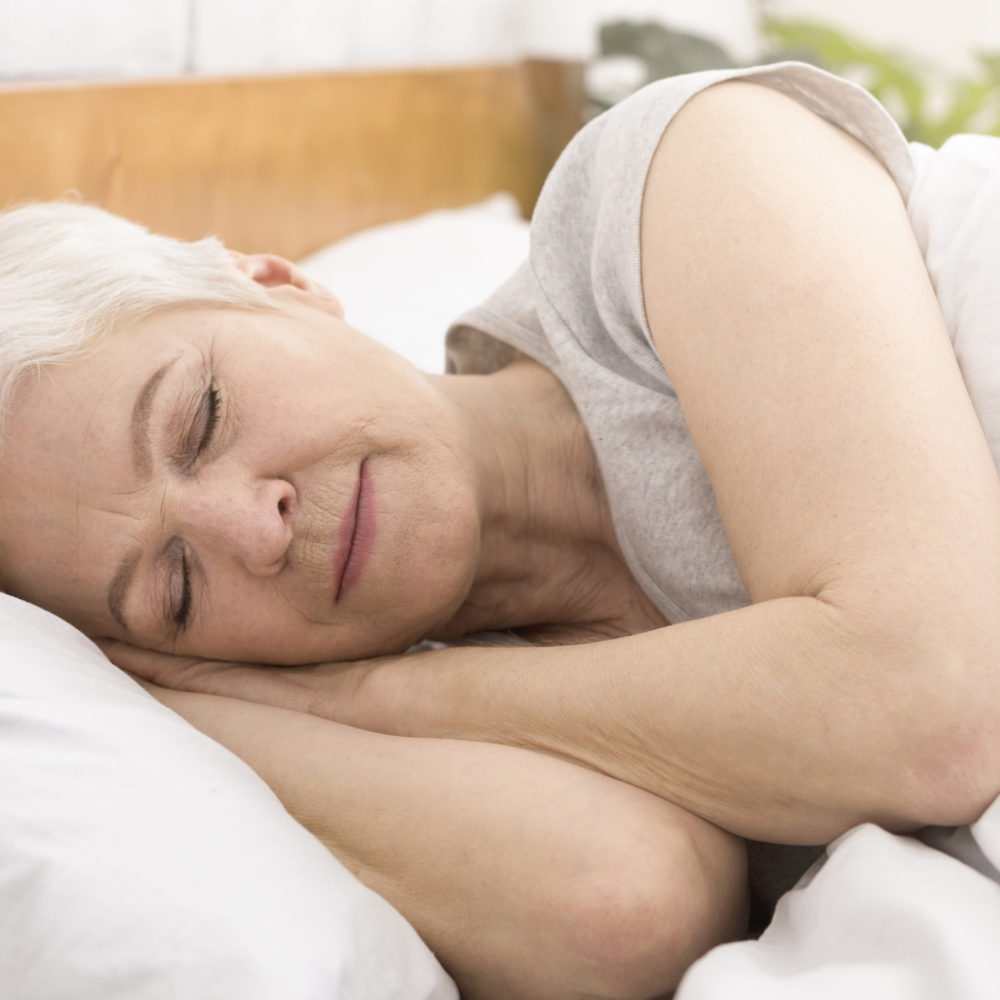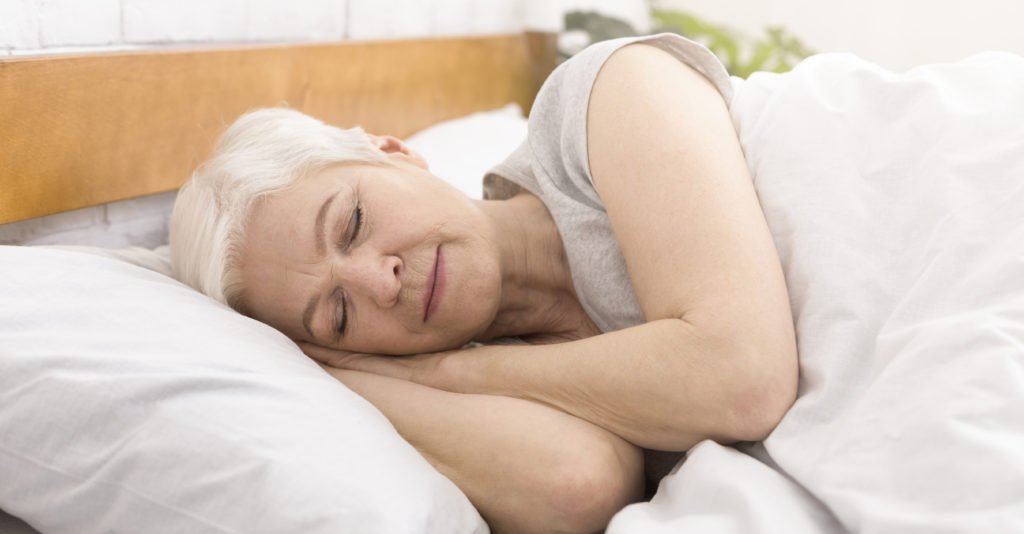

If you’ve ever gone camping, you’ve likely experienced the synchronization of your inner clock with the rising and setting of the sun. How delicious to retire after sundown and awaken at first light – and how rested and energized you feel after a few days of following nature’s rhythms.
Ayurveda considers sleep one of the primary pillars of well-being. In fact, we spend a third of each day sleeping, for it is during optimal sleep that our body focuses all energy on repair.
Sleep supports the release of HGH (human growth hormone) which enables cellular regeneration. Deep sleep is also essential for weight management because of its influence on the hormones ghrelin and leptin which affect our response to hunger and satiety.
Modern science tells us that sleep loss is cumulative: a sleep debt can’t be paid in full with a single snooze. Chronic sleep loss not only contributes to weight gain, it affects blood pressure, insulin levels and poor immune function.
The best cure for insomnia is to get a lot of sleep. – W. C. Fields
With so many reasons to learn how to support this life-enhancing function, let’s look at some ancient and modern tips for sleeping well:
- Just before bedtime, try the Calming: 3-Part Breath or Balancing: Alternate Nostril Breath. Both are extremely conducive for sleep. (Learn the techniques and download the MP3 files.)
- Don’t eat or drink after 7 pm, and limit the consumption of alcohol or caffeine. Eating late won’t cause weight gain, studies show, but it will cause a loss of sleep quality. Your body will be busy digesting rather than resting.
- If you find your mind racing when you lie down, keep a pad and paper nearby. Jot down your thoughts, then let them go. Your notes will be there when you awaken.
- Move the digital clock away from your bedside and keep technology out of arms reach by leaving electronics in another room. Even the slightest bit of light can affect the sleep centers of the brain.
- Enjoy a self-foot massage with a few drops of sesame oil just before retiring. I also like this foot massage creme from The Body Shop.
- Create a schedule and stick to it, even on weekends. Ayurveda recommends retiring before 10 pm, which is the Kapha time of night: Kapha’s attribute of drowsiness helps you drift naturally to sleep. It’s followed by Pitta time until 2 am. Pitta’s fire element governs digestion, so if you’re still up, you’re likely to feel hungry, thirsty and mentally alert.
- If you find yourself tossing and turning, don’t stay in bed. Get up, keep the lights low and practice a restorative pose like legs up the wall. This activates the peripheral nervous system, which helps slow the heart rate, easing the body toward rest.
Finally, sleep apnea is a serious condition during which breathing repeatedly stops and starts. A 2004 study cited in JAMDA reported that 1 in 5 adults suffer mild forms of sleep apnea and 1 in 15 have moderate to severe sleep apnea. While there are many APPs and other home devices to analyze your sleep patterns, if you suspect that you or someone you love has sleep apnea, seek qualified support. It’s a condition that can be life-threatening but is easily treated. The diagnosis must be made by a sleep specialist MD, typically after a PSG (polysomnography) test. If you snore loudly and regularly feel tired, even after a full night’s sleep, you might have sleep apnea.
Since it’s inevitable that sleep will elude all of us on occasion, consider beginning a modest meditation practice – 5 to 10 minutes during waking hours. As Dr. Timothy McCall reports in Yoga As Medicine, when sleep is disrupted, those who meditate are not as affected as those who don’t, thanks to the restorative brain wave activity that occurs during meditation practice.